This Monday, I was lucky enough to speak on a panel with Abby Glassenberg (author of The Artful Bird and Stuffed Animals), Kari Chapin (author of The Handmade Marketplace and Grow Your Handmade Business) and Jennifer Urban-Brown (editor at Roost Books) about publishing a craft book.
It was a fabulous bunch of ladies and a lot of super-helpful information about publishing a craft book came to the surface. But what about those of you who couldn’t make it to Boston to see us? It’s not fair that you should miss out, is it?
So today, I’ll tell you some tips for getting started publishing your own craft book.
1. Consider how a book fits your life
When speaking on the panel, we all agreed on one thing loud and clear: writing a book isn’t for everyone. You probably won’t become rich and you’ll spend at least a year of your life (maybe not solid, but at least a year from idea to finished book) working on it.
You need to be passionate about your topic. I, personally, view writing a book as a leg of my existing business. Before beginning this adventure, make sure you’re ready!
2. Everything you need is online
Craft publishing is easier today than it has ever been before. Many craft publishers post their proposal package/submission criteria on their webpage! You don’t need the email address of an editor or inside information… following the proposal package instructions carefully is enough to get your book idea read!
3. Shop around
Not all craft publishers are the same. Some publishers may specialize in ‘niche’ crafts (zombie-themed basketweaving, perhaps?), while others may have strengths in particular crafts (such as quilting). Before sending in your proposal, spend some time researching different publishers.
This isn’t hard: walk around your bookstore and look at the available books. Which publishers catch your eye? Which suit your style (modern, quirky, etc.)? Publishers are likely looking for books that fit within their existing market.
4. Sell yourself and your ideas
When you send in a proposal for a book idea, you need to sell yourself. This is your one chance to get your ideas in front of an editor’s eye.
A good proposal:
- follows all of the proposal guidelines, and includes all requested information
- is well-thought-out, including a table of contents and photos/samples of project ideas
- contains information about your professional experience: evidence that you can really write a book!
- discusses market information: what makes your book different from others on the shelves? Are people interested in the craft you have to offer?
- looks clean and professional (including a nicely-designed, but not over-the-top package, if that fits your brand)
5. Expect revisions
Between all of us sitting on the panel, we’d written 6 books. At least half of those book proposals elicited a, “gee, it seems like you’ve got great ideas, but I’m not sure this exact one will work…”
Don’t be discouraged! That’s good news! It means the publisher likes you and wants to work with you on an idea that will make a best-selling book.
It’s not unusual for your plan to undergo serious revisions due to suggestions by the publisher. Keep in mind, the publisher’s business is publishing: they give good advice!
6. Don’t get discouraged
You didn’t get an encouraging ‘let’s talk!’ phone call from the publisher? Don’t despair. Maybe your idea just wasn’t up the publisher’s alley. Maybe you didn’t provide enough evidence that pastel-colored polymer clay tiaras are the next big thing.
Keep trying. Think about your concept a little and try another publisher.
7. Prepare to negotiate
You’re getting a contract? Congrats!
But they want you to finish the book in 4 months? Or pay for your own photography? There’s no ‘right answer’ for what makes a good contract, but it needs to be something that you can live with.
Many authors negotiate their contracts, so don’t be afraid to ask questions and get something that can work for you.
And then the work begins…
Once you land the book deal, the real work begins! Tips for how to actually write the book are a topic for another day!
Best,
Stacey


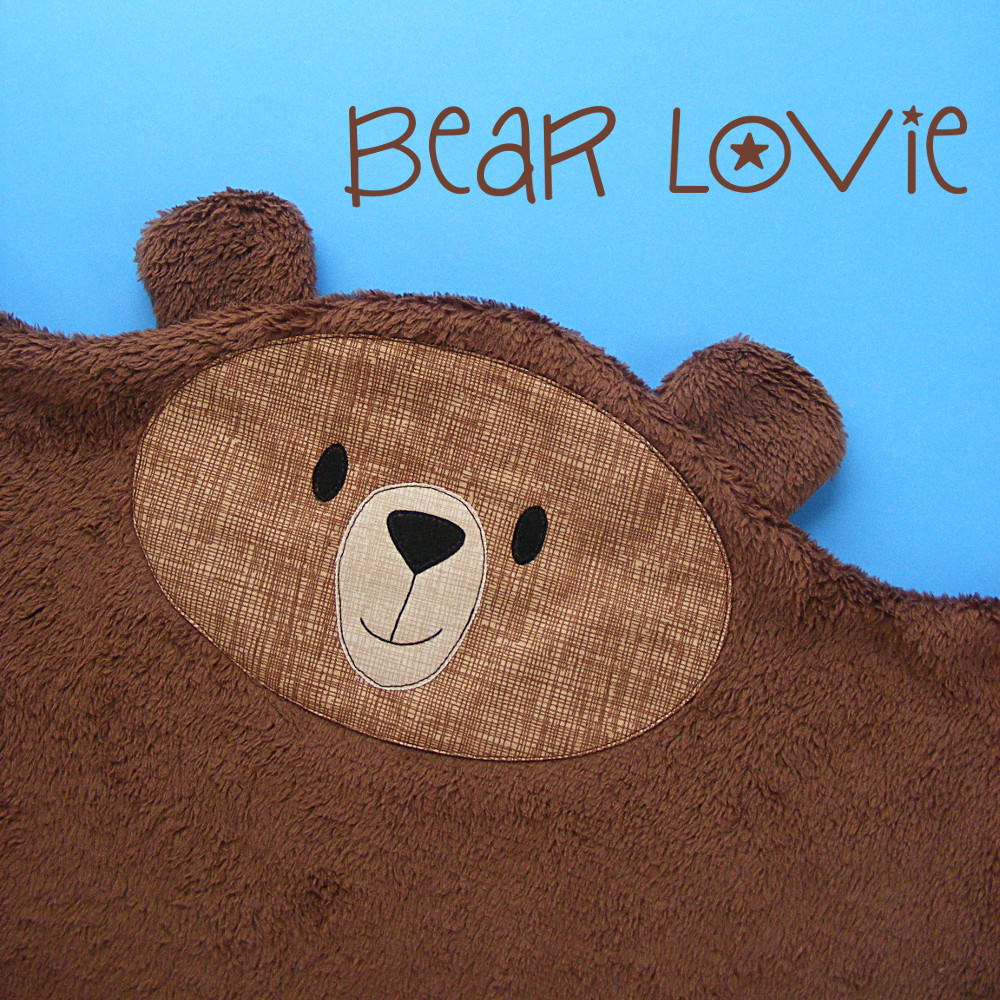
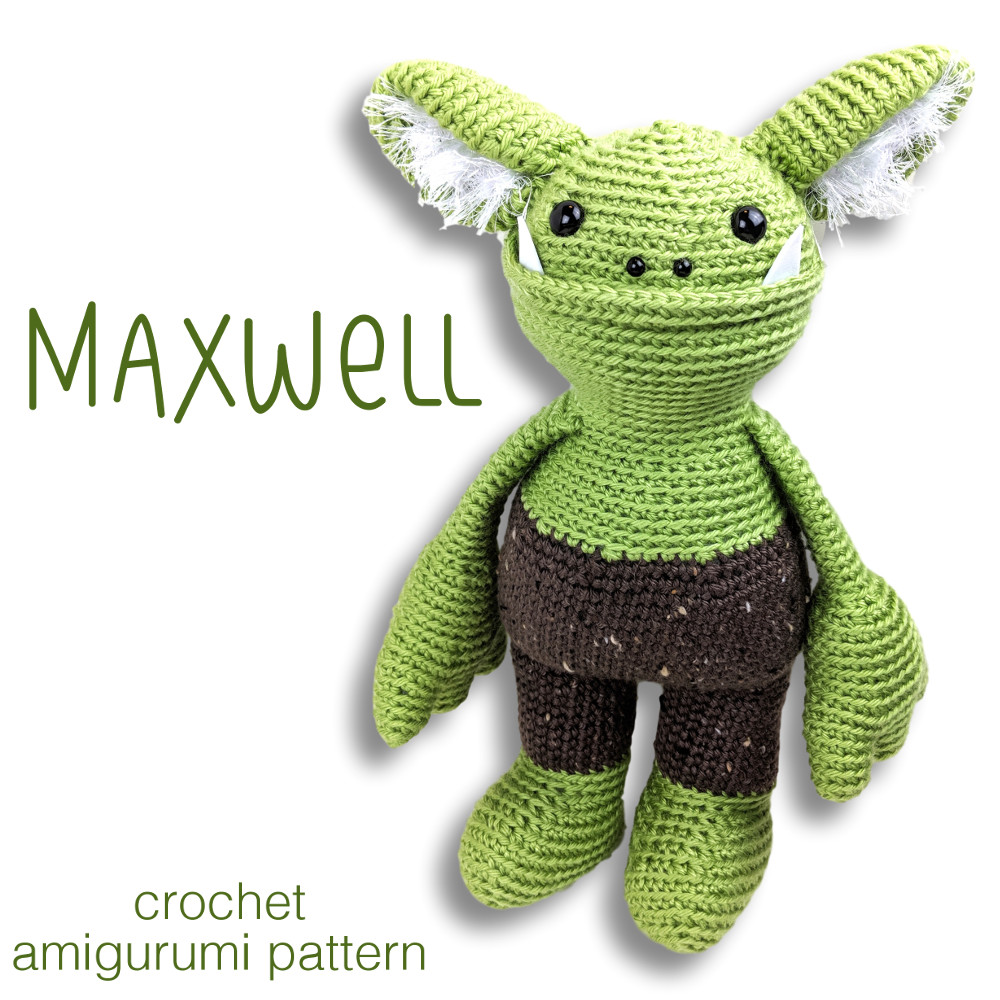
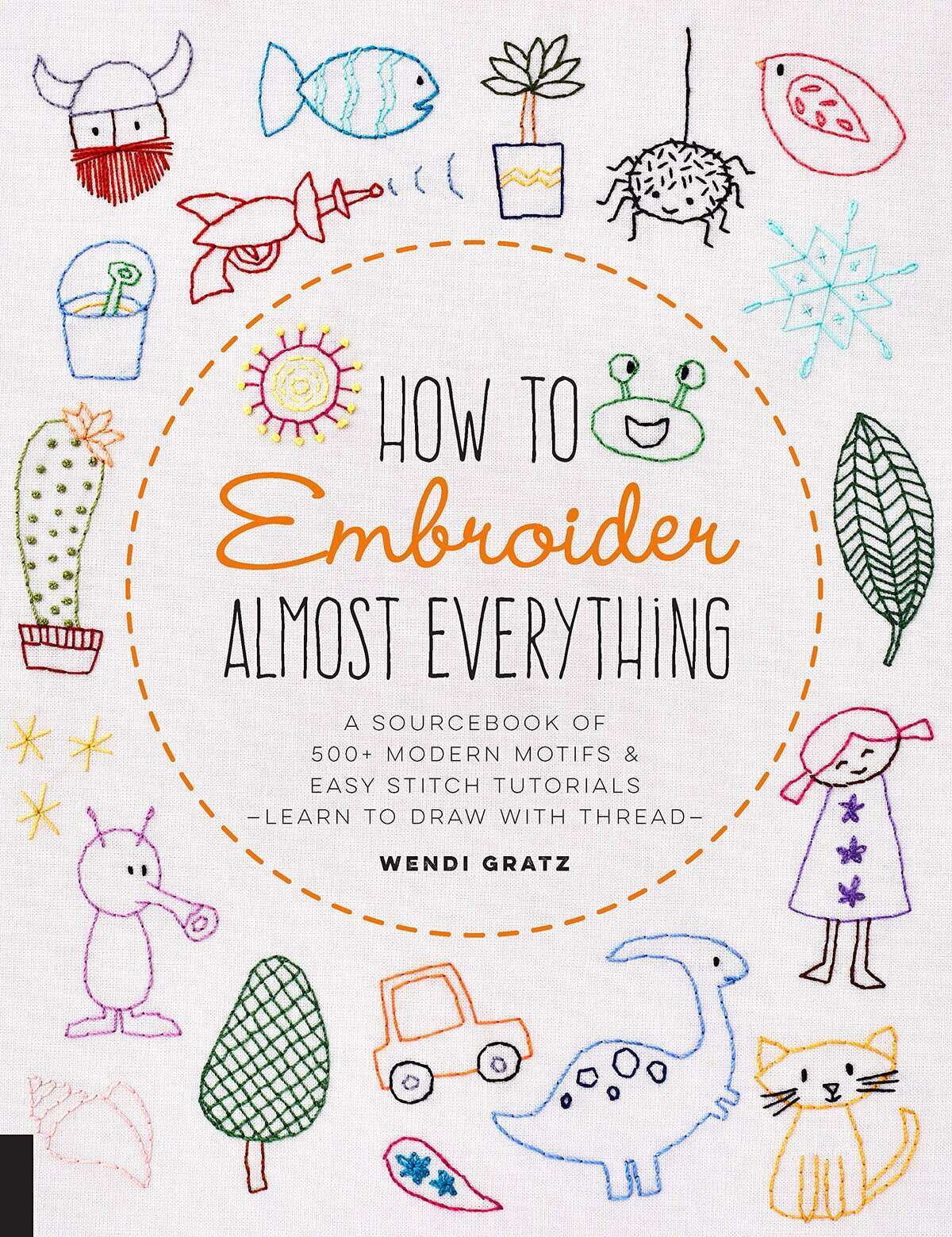
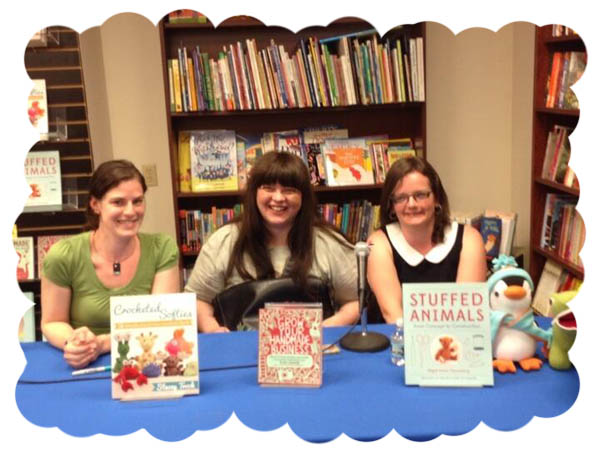
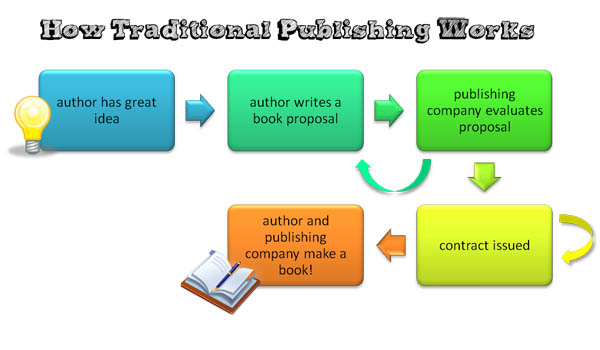


All good advice!
This is great advice, Stacey! I’d love to add one more suggestion to your list: consider working with a book agent. They have many publisher relationships already, and can do the hard work of approaching publishers for you. A good agent also knows the contract process inside and out, and can represent your interests in tricky-to-understand areas like foreign and digital rights.
An agent also understands the current market for your book idea, and can help you hone it so it’s more sell-able before you even start approaching publishers.
It’s also valuable to have an authoritative third party representing your interests if you get into any kind of disagreement with your publisher during the process of producing the book (or the publishing house gets acquired by another company). I’m not saying that this happens often, but if it does, it’s so great to have an ally.
To find an agent, my agent gave me this great piece of advice: look in the Acknowledgements section of the craft books you love. If you see the author’s agent getting profuse thanks, that’s a good agent to contact and ask about working together!
Thank you so much for your input, Diane!
I originally glossed over having an agent because none of the three of us on the panel used one, but you’re right that there are benefits. Certainly something to think about!
Hi. Great advice however I just forged ahead and did it myself. Welcome to Country Girl Corner now available on Amazin uk and through my website and etsy. It’s a huge amount of work and yes it takes about a year !! Not to be taken lightly. Now my book exists. I’ve now sent a bundle out to try to get reviews. Fingers crossed you will see it later in the year.
Good for you! That’s so exciting! 🙂